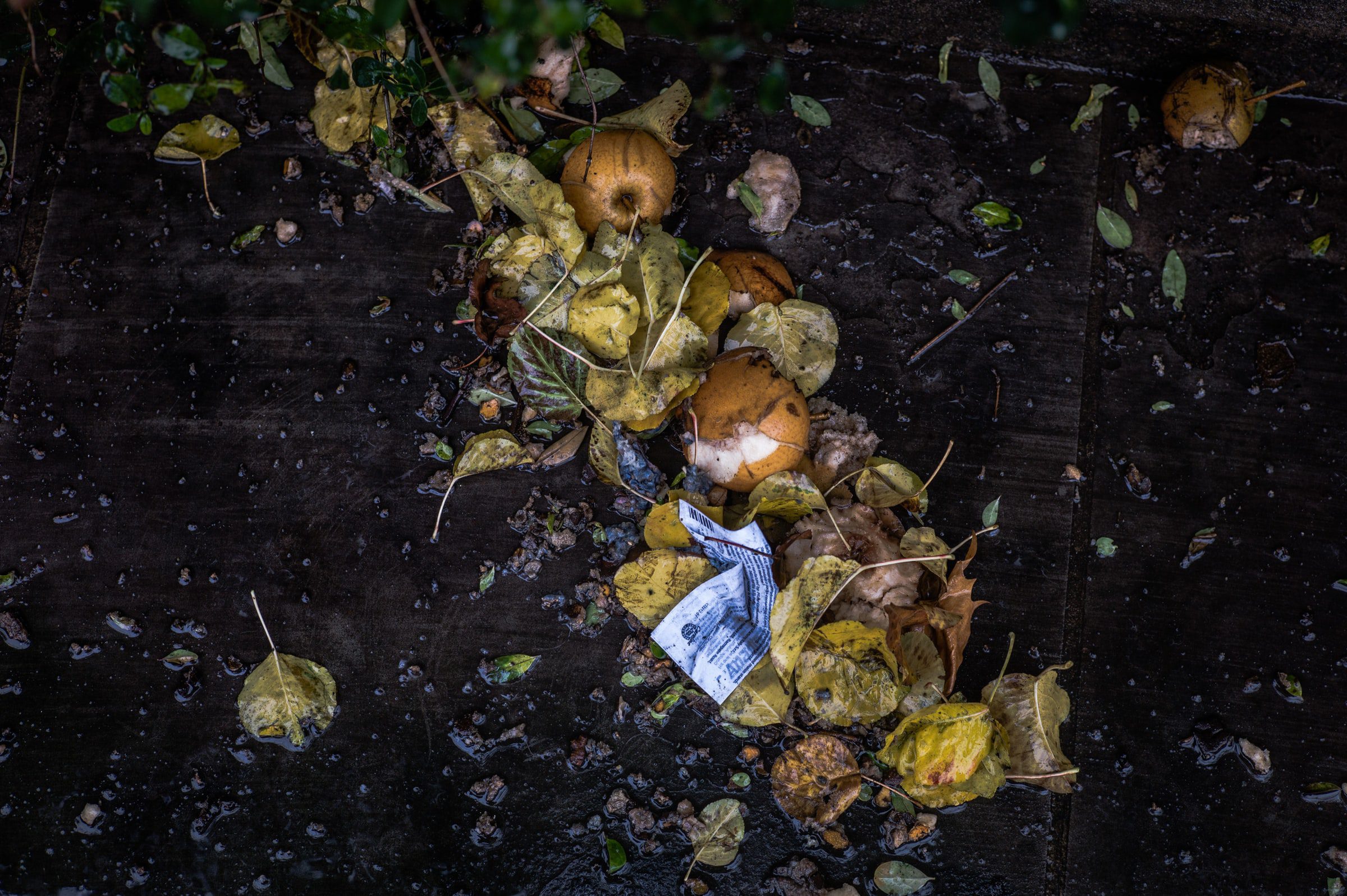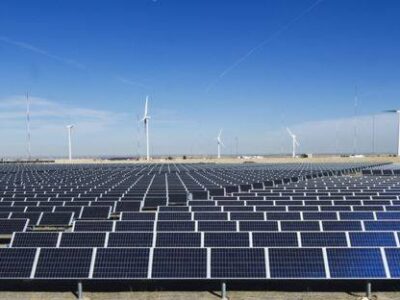A New Federal Grant Funds the Consortium for Cultivating Human and Natural Regenerative Enterprises’ Research to Turn Biomass and Manure into Fuel.
Iowa State University, Penn State, and Roeslein Alternative Energy have teamed up to find new methods of turning biomass and manure into fuel. The project called the Consortium for Cultivating Human and Natural Regenerative Enterprise is the result of a five-year, joint $10-million dollar grant from the U.S. Department of Agriculture’s National Institute for Food and Agriculture.Creating research opportunities in small and medium-sized farming composting operations in the investigation of the energy potential and feasibility of incorporating anaerobic digestion of plant wastes. This essentially means the investigation aims to find the best ways and best feedstocks to use to turn manure, biomass, and biogas into renewable natural fuel. This process has existed for nearly 50 years but is just now starting to gain momentum in the U.S.
Anaerobic digestion processes agricultural waste into renewable natural gas using an oxygen-free form of combustion. The gas can then be used on-site or refined and distributed through existing natural gas pipelines for power, heat production, or transportation fuel. With a program in California that already wants to incentivize the process – thus making it more lucrative – researchers are looking at ways farmers may be able to take true advantage of their studies. Iowa is a great example. Though the state does not have a large number of dairy operations (where cow manure is plentiful), it has numerous other types of livestock farms with different feedstocks that can diversify the study. The research team at Iowa State University is focused on adding grasses and other feeds to the study to add both flexibility and environmental benefits to the process. They hope this will increase local farmers’ interest in – and profits from – turning manure and other low-value biomass into sustainable fuels.

There is already interest in adjoining states. A cluster of large hog farms in northern Missouri owned by Smithfield Foods is serving as a test site to collect methane from the animals, remove the impurities and send it along to the national gas pipeline network.
Lisa Schulte Moore, a Department of Natural Resource Ecology and Management professor at Iowa State, sees abundant possibilities for renewable natural gas across the Midwest. These solutions, she stressed, could not only address greenhouse gas emissions but also diversify farm income and reduce waterway pollution. She hopes the research funding will help resolve technical, economic, and social issues that she believes have hobbled the growth of technology in America.
“What we’re trying to do is put [all the research] together in a system that’s going to be a real winner and make a meaningful difference,” she said.Iowa has been pushing for such research. The development of biofuels was a prominent recommendation of the state’s 2016 energy plan. The state’s Economic Development Authority released a Biomass Conversion Action Plan in 2018 and has been funding research into various anaerobic digestion techniques since. The multi-state Consortium for Cultivating Human and Natural Regenerative Enterprise is a perfect fit for the Hawkeye State – as well as the new federal push toward a renewable, green future. The USDA’s grant program is designed to increase the capacity of universities with agriculture or renewable energy programs to develop original research, provide educational training, and increase outreach activities to further a sustainable future across the country.





